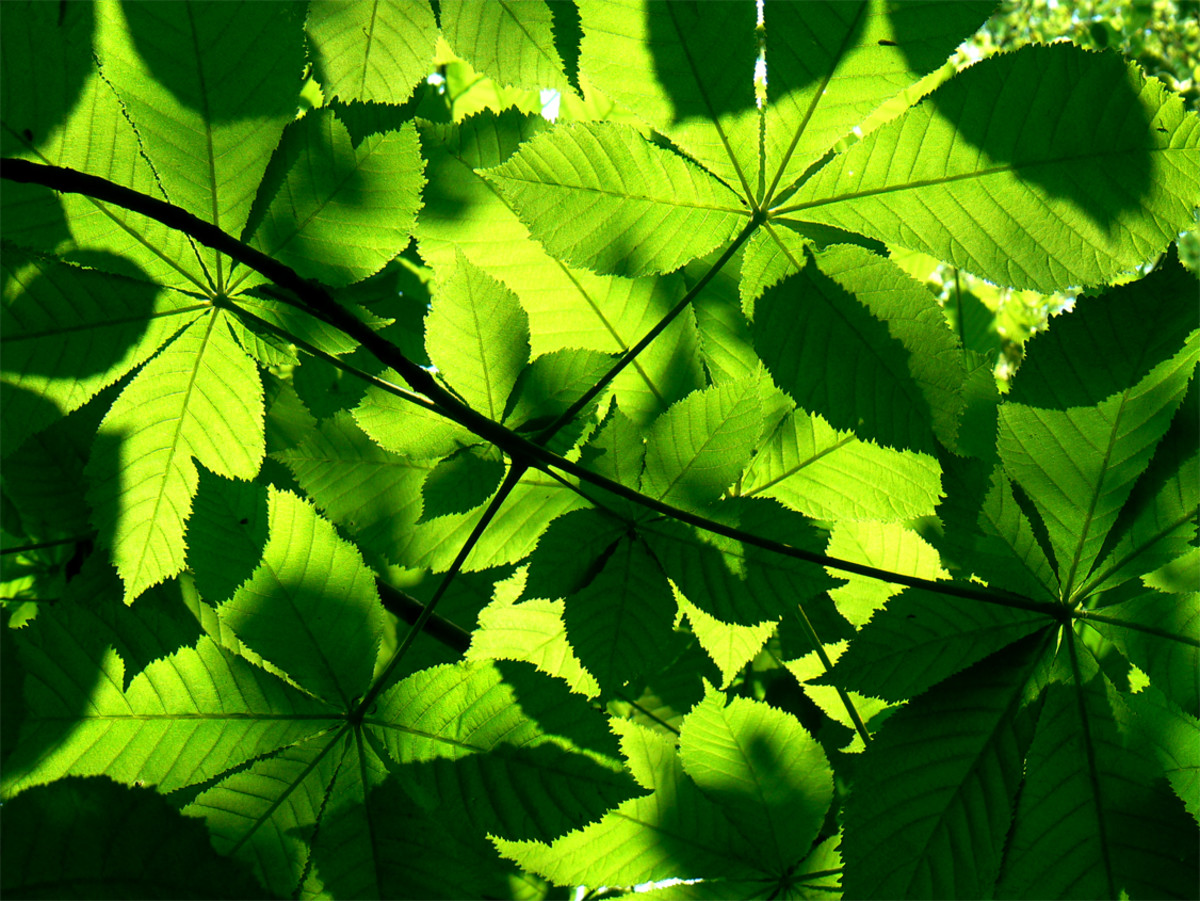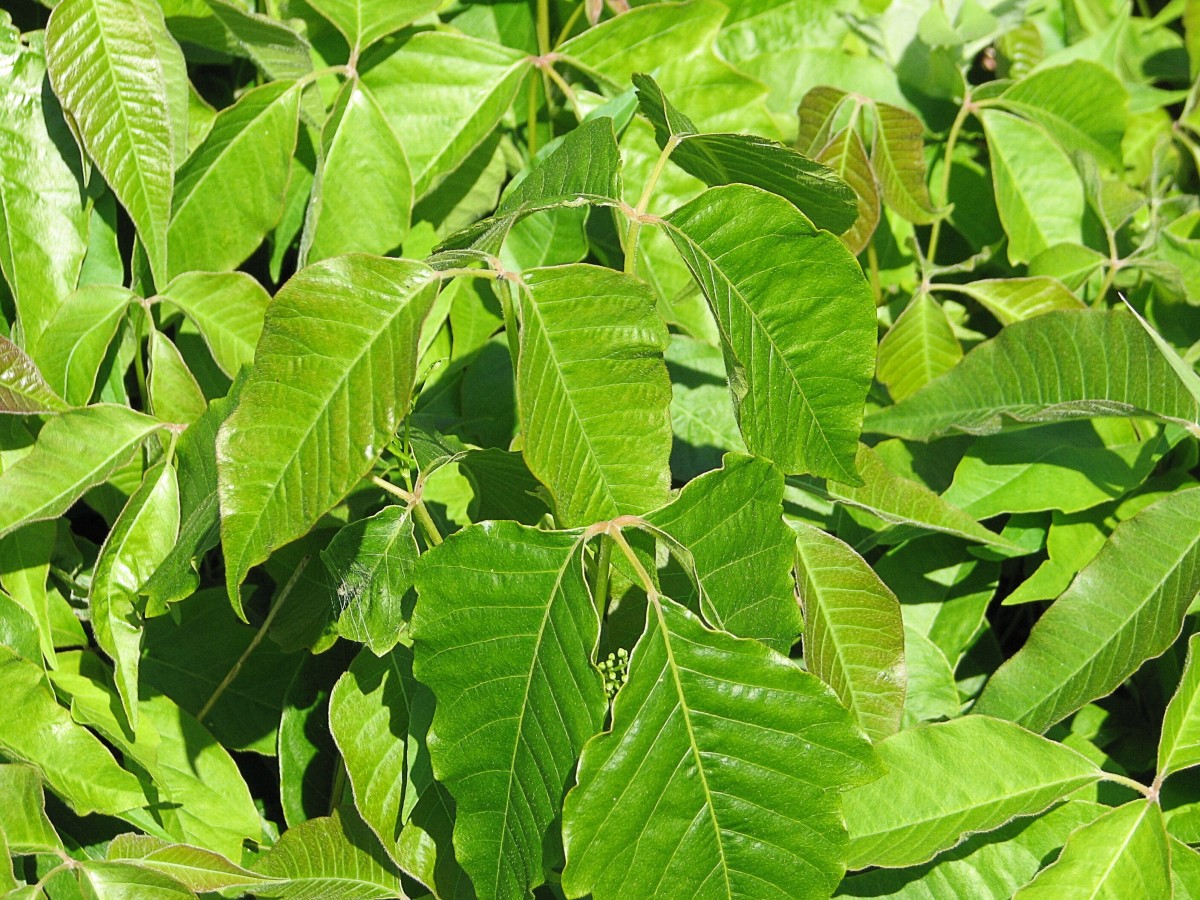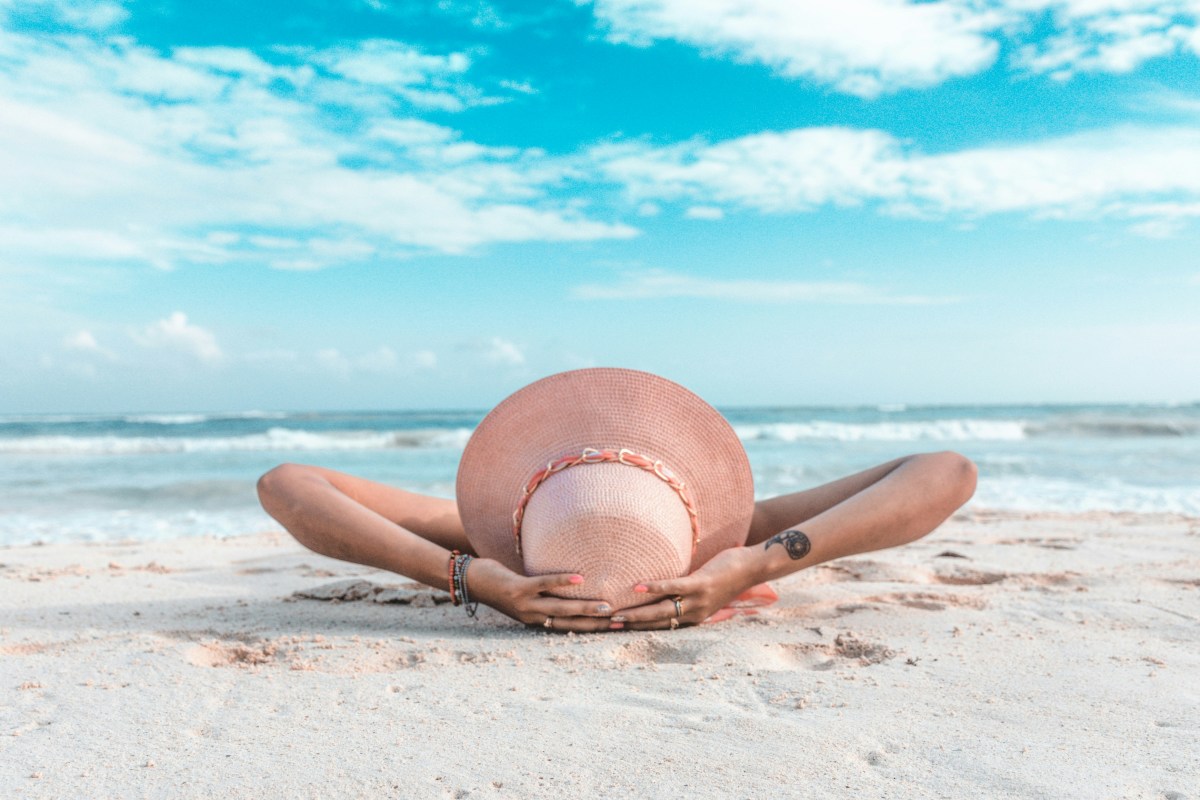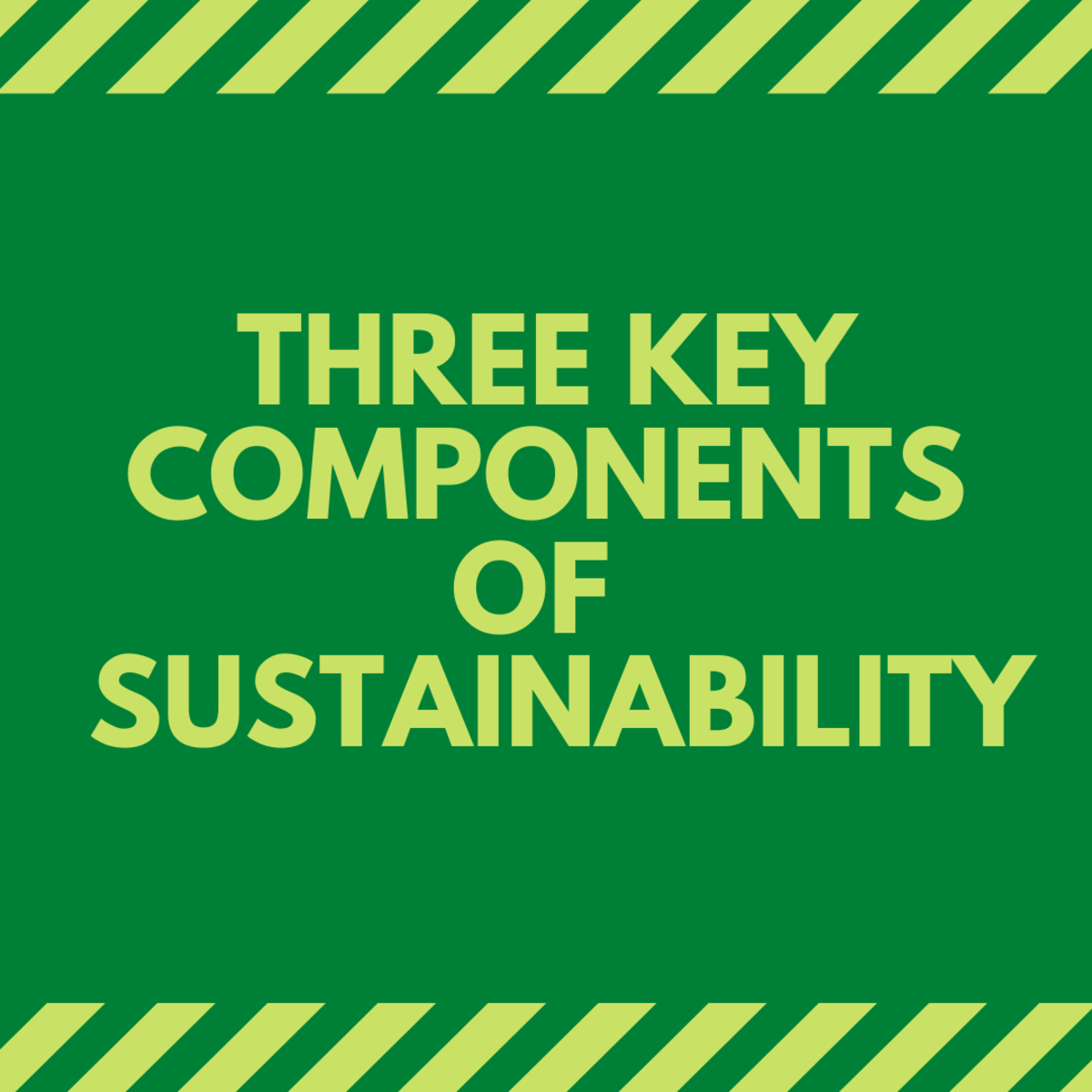Try an Eco-Friendly Sunscreen: Ocean Corals and Your Skin Will Thank You

What You Should Know About Biodegradable Sunscreen, Coral Reefs and Your Health
Each summer, beach lovers all over the world head to their favorite sandy shores slathered in sunscreen that is supposed to protect us from skin cancer, wrinkles, and other dangers of exposure to the sun. But the lotions and sprays we apply to protect our skin may very well be killing our oceans - and may not be saving us from the dangers we're trying to avoid. Fortunately, there are eco-friendly biodegradable sunscreens that are healthy for both our planet and our bodies. Here's what you should know about sunscreen, oceans, skin cancer and choosing a sunscreen that's right for you.
(Image: © Tarragona | Dreamstime.com)
Most people probably don't think about protecting coral reefs when choosing their sunscreen, but they DO think about protecting themselves from skin cancer. After all, that's the reason we're all slathering ourselves with sunscreen and sunblock, right? But what if the lotions and sprays we're putting on our body are dangerous to our health and to that of the world's already-endangered coral reefs? That may very well be the case with many sunscreens.
A 2008 report published in the journal Environmental Health Perspectives indicated that four common ingredients found in sunscreen can wreak havoc on fragile reef ecosystems. The chemical ingredients cause dormant viruses within a specific type of algae to awaken and replicate until the algae explodes. Coal reefs depend on this algae, known as zooxanthellae, to provide energy through photosynthesis and contribute to the vibrant colors associated with reefs. Without this symbiotic algae, the reefs "bleach" (turn white) and die. Even low levels of sunscreen were found to activate the viruses. The amount of sunscreen typically used by swimmers could completely bleach coral in just four days.
Worldwide, 10 percent of the ocean's coral reefs are at risk of coral bleaching from sunscreen, according to the report, which said 4000 to 6000 metric tons of sunscreen wash off swimmers into oceans each year.
This correlation between coral bleaching and chemical sunscreen has led to the mandatory use of eco-friendly biodegradable sunscreen in some areas, such as the popular Cozumel Reefs National Marine Park (Parque Nacional Arrecifes de Cozumel) in Mexico. But, sadly, many people remain unaware of the dangers sunscreen can represent to our oceans.
(Image provided by AllPosters)
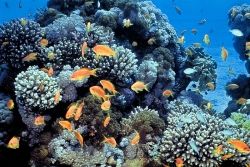
Selecting a Sunscreen That's Good for You, Good for the Oceans
EWG Sunscreen Guide can help you decide
Fortunately, what's good for the coral reefs may also be good for your body. Many sunscreens contain chemicals that not only won't help prevent skin cancer, but could actually be carcinogenic themselves.
The Environmental Working Group is a nonprofit organization whose "team of scientists, engineers, policy experts, lawyers and computer programmers pores over government data, legal documents, scientific studies and our own laboratory tests to expose threats to your health and the environment, and to find solutions." Each year, the EWG publishes a sunscreen guide, listing ingredients for consumers to see and highlighting the pros and cons of each product.
The guide rates over 1400 products with SPF, including beach and sports lotions, sprays and creams, moisturizers, make-up and lip balms and then gives a score on a 1-10 scale (with 1 being highest) and a color-colored rating (green, yellow or red).
The organization's guide is meant mainly to protect consumers from health hazards of chemical ingredients, but several of the products that earn top ratings from the EWG for being the safest for humans are also biodegradable sunscreens that are safe for corals.
(Image of coral reef by Daviddarom on Wikimedia Commons)
Per unit area, coral reefs support more species than any other marine environment - NOAA
And the Winners Are....
Biodegradable sunscreens to protect you and the planet
The eco-friendly sunscreens below are all good choices for both people and our oceans. They earned a "green" rating (high score of 1 or 2 out of a 10-point system) in the 2010 or 2011 EWG Sunscreen Guide, and they are eco-friendly products that can be used at any beach, including those such as Cozumel's national marine park that only allows biodegradable sunscreen.
Soleo Organics All Natural Sunscreen SPF 30+ - Top-rated sunscreen for oceans and your health
The 2010 EWG Sunscreen Guide ranked Soleo Organics a high-flying 1, the top score on their scale.

Caribbean Solutions Sol Guard 25 - Runner-up sunscreen
This sunscreen earned a rating of 2 from the EWG, which is still in the "recommended" range, but obviously not as high as the ones ranked 1. It earns a "Good" rating for UVA protection but only a "Moderate" for UVB protection.

UV Natural Sunscreen SPF30+ - Another 1 rating from the EWB
This sunscreen also earned a 1 rating from the EWB, and was rated excellent for its balance of UVA and UVB protection.
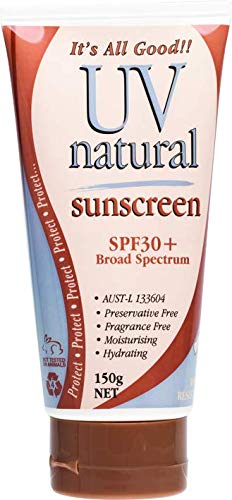
20% of the world's coral reefs are damaged beyond recovery - NOAA
A Short Video About Sunscreen and Corals
This short news report discusses the problems of sunscreen and ocean corals.
Coral Reef Adventure on Blu-ray
If you'd like to learn more about coral reefs, this IMAX film explores the beautiful underwater world of these amazing ecosystems.
![IMAX: Coral Reef Adventure [Blu-ray]](https://m.media-amazon.com/images/I/51sSJ-bc3fL._SL160_.jpg)
We all know that sunscreens can prevent sunburn. But there is no consensus about any other benefits the products may - or may not - provide, including whether these commonly used lotions and sprays can help stop skin aging or prevent skin cancer. The 2010 EWG sunscreen report cites these statistics to show the confusion surrounding the benefits of sunscreen:
- Even though more people use sunscreen than ever before, the incidence of skin cancer in the United States and other countries continues to rise (Aceituno-Madera 2010; Jemal 2008; Osterlind 1992).
- A number of studies conducted in the 1990s report higher, not lower, incidence of the deadliest form of skin cancer, malignant melanoma, among frequent sunscreen users (Autier 1995; Westerdahl 2000; Wolf 1994).
- To date, studies show that regular sunscreen use reduces risk for squamous-cell carcinoma (SCC) but not other types of skin cancer. SCC, a slow-growing, treatable cancer, is estimated to account for just 16% of all skin cancers annually.
None of these facts suggest you shouldn't use sunscreen at all. In fact, the EWG report notes, "An effective sunscreen prevents more damage than it causes." But not all sunscreens are effective, and some may contain chemicals that have their own health risks. For instance, the FDA is investigating a form of vitamin A called retinyl palmitate, which is found in 41 percent of sunscreens. FDA data suggests vitamin A may actually elevate skin cancer risk.
(Image provided by AllPosters)
Another Way to Protect Yourself - UV Shirts and Hats - Clothes can offer UV protection
One way to avoid the risks to yourself and the environment that can be caused by some suncreens is to wear clothes designed to filter UV rays. There are now a variety of shirts, pants and hats designed to block UV rays. Below is a sample from Amazon. You can find more by searching their clothing category for "UV protection."
Image provided by AllPosters



